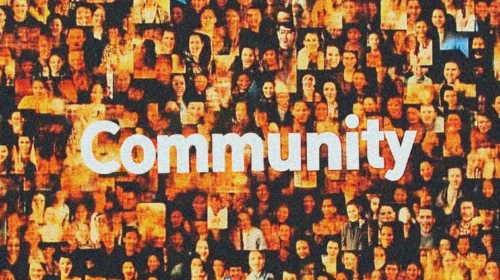This isn’t the kind of tab you want to keep open.
In today’s digital landscape, access to explicit content is more prevalent than ever, prompting critical discussions about its impact on our brains, relationships, and mental well-being. While sexual preferences naturally vary, the widespread availability of pornography—and now, AI-generated deepfakes—raises concerns about how these materials shape our desires and perceptions of sexuality.
Your Brain on Porn
Pornography accounts for a significant portion of internet traffic, with studies indicating it comprises nearly a quarter of all search engine requests. While it may seem like a natural outlet for sexual expression, research reveals that pornography doesn’t just reflect sexual desire—it actively molds it.
Exposure to pornography activates the brain’s reward system, releasing dopamine, a neurotransmitter associated with pleasure and reinforcement of behaviors. Over time, this can lead to increased tolerance, requiring more explicit content to achieve the same level of arousal. This cycle mirrors the patterns observed in substance addiction, where individuals seek out the behavior despite negative consequences and experience withdrawal symptoms when attempting to stop.
The Rise of AI-Generated, Deepfake Pornography
The advent of generative AI has introduced a new and troubling dimension to this issue: deepfake pornography. Utilizing sophisticated algorithms, deepfakes can create hyper-realistic, non-consensual explicit content by superimposing individuals’ faces onto pornographic material. Alarmingly, a 2019 report found that 95% of all online deepfake videos are non-consensual pornography, with 99% of those featuring women.
High-profile cases, such as the unauthorized deepfake images of Taylor Swift, have brought attention to the pervasive nature of this technology. These incidents highlight the potential for deepfakes to cause significant psychological harm, infringe on privacy, and perpetuate gender-based exploitation.
Moreover, reports indicate that search engines like Google and Bing have, at times, surfaced deepfake pornography at the top of search results, making this harmful content easily accessible. This accessibility exacerbates the issue, normalizing non-consensual material and further entrenching harmful behaviors.
The Impact on the Brain and Relationships
The consumption of deepfake pornography can intensify the detrimental effects associated with traditional pornography. The hyper-realistic and often taboo nature of deepfakes may accelerate the desensitization process, leading to a diminished response to real-life intimacy and increased difficulty in forming genuine connections.
This phenomenon is rooted in the brain’s neuroplasticity—the ability to reorganize itself by forming new neural connections. When exposed repeatedly to artificial stimuli like deepfakes, the brain’s reward pathways adapt, reinforcing these behaviors and making it challenging to derive satisfaction from authentic experiences.
Pornography By the Numbers
The prevalence of pornography online is staggering. According to Webroot, pornography accounts for 35% of all internet downloads, and 12% of all websites are pornographic. Additionally, 25% of all search engine requests are related to pornography. These statistics underscore the ubiquity of explicit content and its potential impact on individuals and society.
Pathways to Recovery
Despite these challenges, recovery is attainable. Understanding the mechanisms behind pornography’s impact on the brain empowers individuals to take proactive steps toward change. By reducing exposure and seeking healthier forms of stimulation, the brain’s neuroplasticity allows for the reformation of neural pathways, restoring the capacity for genuine intimacy and connection.
Support systems, therapy, and community resources play a crucial role in this journey. Recognizing the issue and seeking help is the first step toward reclaiming control and fostering meaningful relationships.
If you or someone you care about is struggling with compulsive behaviors, including pornography use, know that you’re not alone. Recovery Unplugged is here to help. Reach out to us to explore resources and support tailored to your needs. Together, we can navigate the path to healing and connection.
You’re not alone. Let’s talk.























